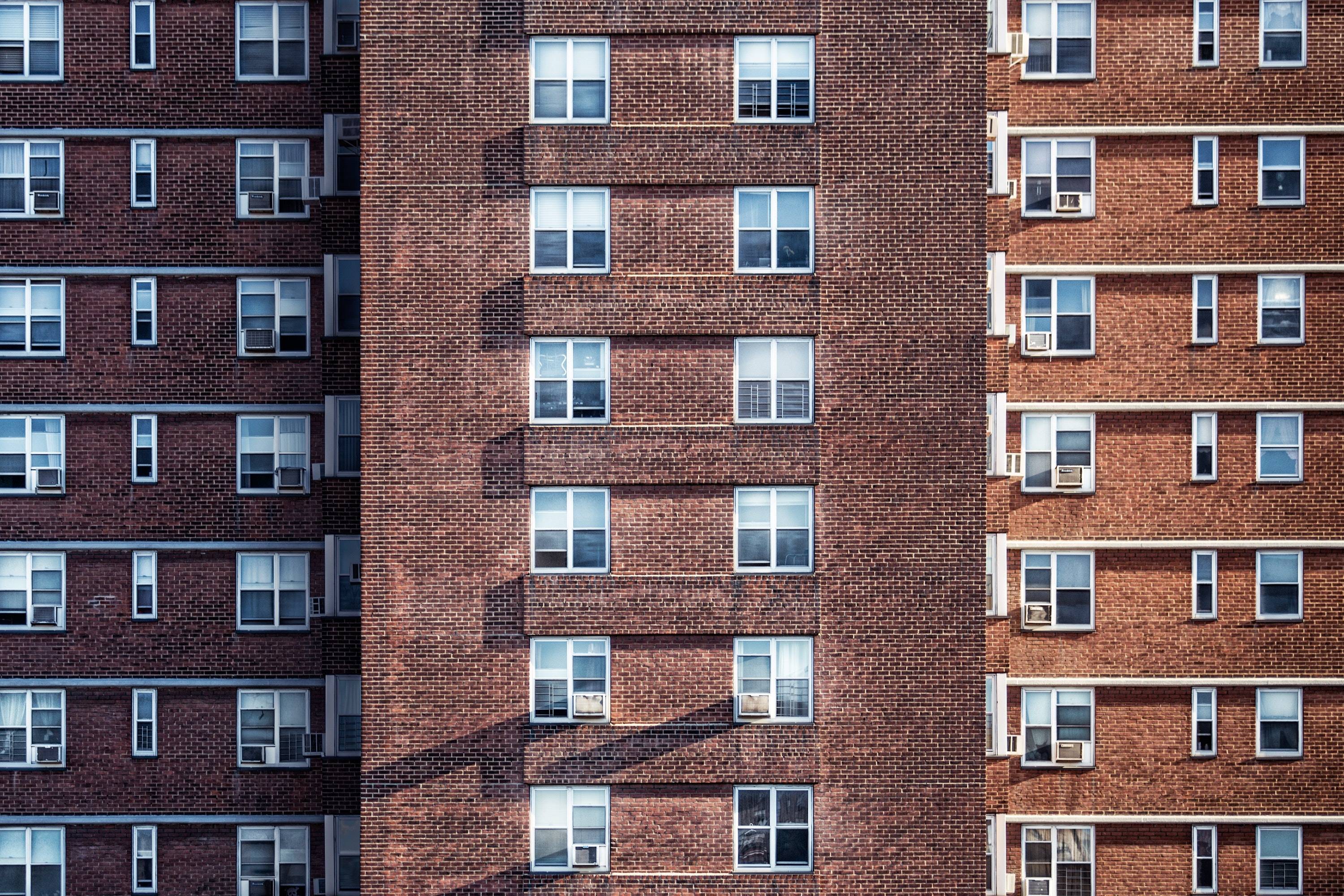
Most landlords increase the rent once a year, usually on July first. Nevertheless, it often happens that the way in which landlords formulate a proposal for rent increases does not meet the requirements of the law. In this blog I will explain to which requirements a proposal to increase the rent has to meet for both social rented houses and liberalized rental properties. A proposal to increase the rent for social rental housing is subject to more requirements than a proposal to increase the rent for a liberalized rental property.
Social rental housing
Pursuant to article 7:250 paragraph 1 sub b of the Dutch civil code, each landlord may increase the rent once a year. An exception to this is with a new tenancy agreement. In that case, the landlord can increase the rent within the first twelve months in accordance with article 7: 250 paragraph 1 under a of the Dutch civil code during the first year after entering into the tenancy agreement. The proposal to increase the rent must be made at least two months before the proposed commencement date in accordance with article 7:252 paragraph 1 of the Dutch civil code.
The landlord may increase the rent by a certain percentage. The percentage of the maximum rent increase is determined annually by the Minister of VROM. The ministerial regulation in which the maximum rent increase percentage is regulated is the Uitvoeringsregeling huurprijzen woonruimte (URHW) more specifically in article 10 paragraph 2 of the URHW. According to appendix V of the URHW jo. art. 16 of the Besluit toegelaten instellingen volkshuisvesting 2015, the maximum rent increase is 3.9% for houses with a combined household income of less than € 41,056 (in 2016) and 5.4% for houses with a combined household income of more than € 41,056 (in 2016).
Important to know is that pursuant to article 7: 252a paragraph 1 of the Dutch civil code the higher percentage of 5.4 does not apply to households where one or more residents have reached the state pension age on the proposed commencement date of the rent increase (usually July first) or households consisting of 4 or more persons on the proposed commencement date of the rent increase. For these households, the rent may therefore increase by a maximum of 3.9%.
Previously, the maximum rent increase was tied to inflation, but since 2013 the maximum increase of the rent is also based on the (rising) income of a tenant. This is called the income-dependent rent increase. The idea behind this is to tackle the so-called scheefwoners, i.e. the people who rent a social rented house, but are actually not entitled to it based on their income.
The landlord can therefore implement an income-dependent rent increase since 2013. To see if a tenant has a household income higher than € 41,056, the landlord must request a so-called household statement from the Tax Authorities. There are no specified income data on this household statement, but codes. The code “U” means that a household belongs to one of the two exception groups, the code “N” means that the household income does not exceed € 41,056, the code “J” means that the household income is higher than € 41,056 and the code “O” means that no income data is known for that address.
With a code “O”, a landlord may only implement the maximum rent increase of 3.9%. With a code “J”, the landlord is allowed to implement an income-related rent increase of 5.4%. In the latter case, the landlord must, pursuant to Section 7: 252a subsection 3 of the Dutch civil code, send the household statement from the Tax Authorities with the proposal to increase the rent.
Finally, in accordance with article 7: 252 paragraph 2 of the Dutch civil code, the proposal must contain the applicable rent, the percentage or amount of the change in the rent, the proposed rent, the proposed day of commencement of the proposed rent, the manner in which and the period during which the tenant, if he has objections to the proposal, can show this and the consequences for not expressing objections.
Pursuant to article 7: 252 paragraph 4 of the Dutch civil code, the tenant, if he has accepted a rent increase proposal that disadvantaged him because the proposal did not meet the conditions as set out in Article 7: 252 of the Dutch civil code, can reverse the increase proposal. The landlord will only be able to circumvent the rejection of his rent increase proposal by posing and, if necessary, proving that the tenant has not been disadvantaged by the omission.
Liberalized rental properties
Different rules apply when renting a liberalized property. To be more precise, there are hardly any rules. The landlord of a liberalized property may, pursuant to article 7: 251 of the Dutch civil code, increase the rent only once a year, just as in the case of a social rented house, but that is also where the comparison ends. The landlord is not obliged to inform the tenant within a certain period of the new rent. The maximum rent increase is not determined annually by the minister and the tenant cannot object to a proposal to increase the rent.
In the liberalized sector, the parties must agree on the new rent. Generally, in a liberalized lease agreement, the rent increases each year, for example by 2%, or an indexation clause that stipulates that the rent is adjusted annually by a percentage derived from the inflation figures of the Central Bureau of Statistics. This can also be linked to a storage percentage so that the tenant, in addition to the inflation percentage, also has to pay a storage percentage of, for example, 5%. If there is an agreed percentage in the rental agreement, the rent is automatically increased each year and the tenant therefore does not get a proposal to increase the rent.
It is also very well possible that the lease agreement does not mention anything about an annual rent increase. In that case, the landlord can make a reasonable proposal to increase the rent each year based on the applicable rental price of comparable liberalized rented houses in the vicinity. If the tenant disagrees with the reasonable rent increase proposed by the landlord, the landlord has to go to court pursuant to article 7: 274 paragraph 1 sub d of the Dutch civil code to terminate the tenancy agreement. In that case, the court will assess whether the rent increase proposed by the landlord is reasonable. If the proposal is reasonable, the lease will be canceled and if it is unreasonable the lease will be continued. Termination of the lease is only reserved for the landlord. The tenant can not therefore start legal proceedings because of an unreasonable proposal to increase the rent of the landlord. It is therefore only possible to continue the lease against the old rent or a claim initiated by the lessor to terminate the lease.
The proposal to increase the rent may therefore be subject to various formal requirements depending on the type of house that is being let.





